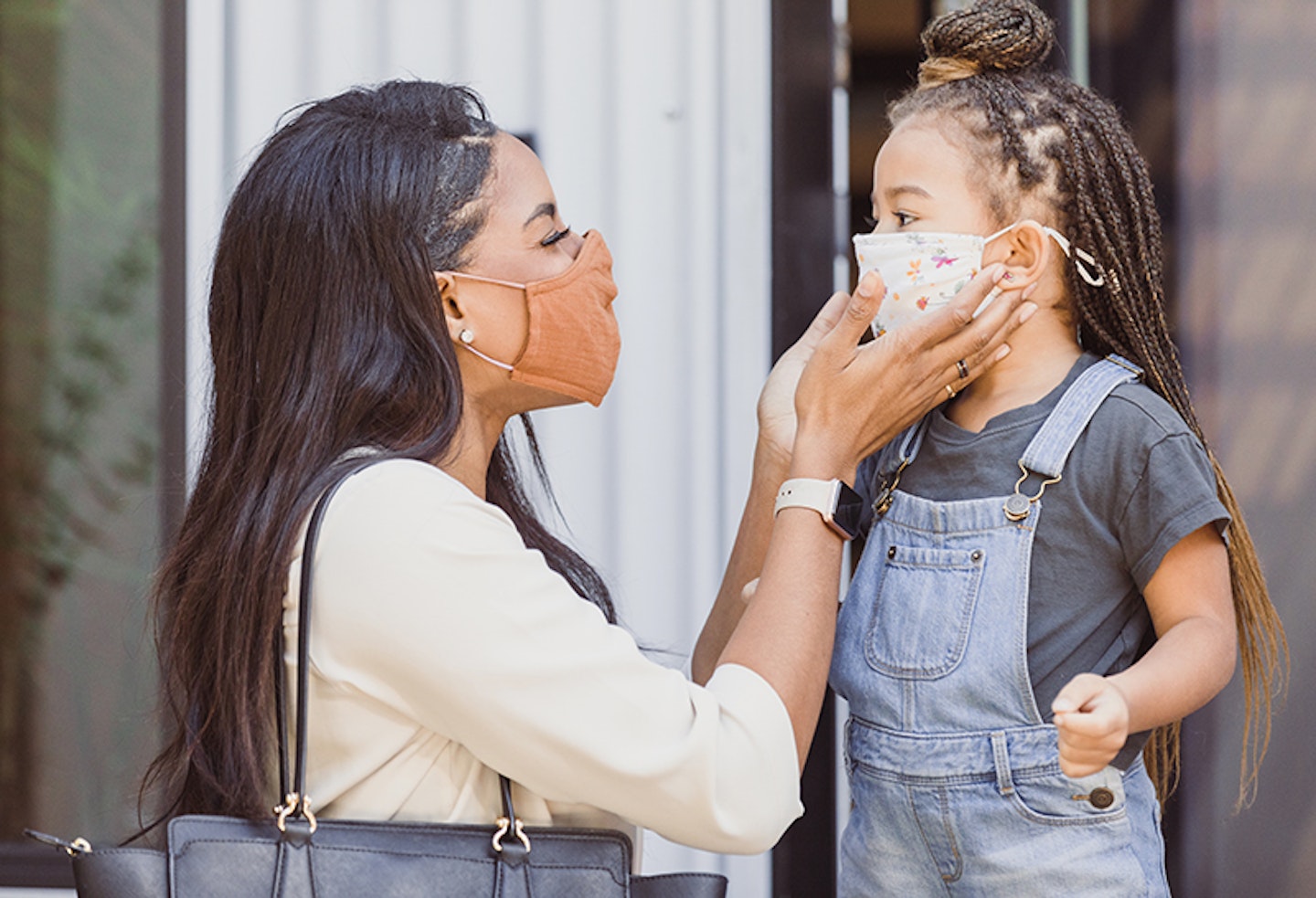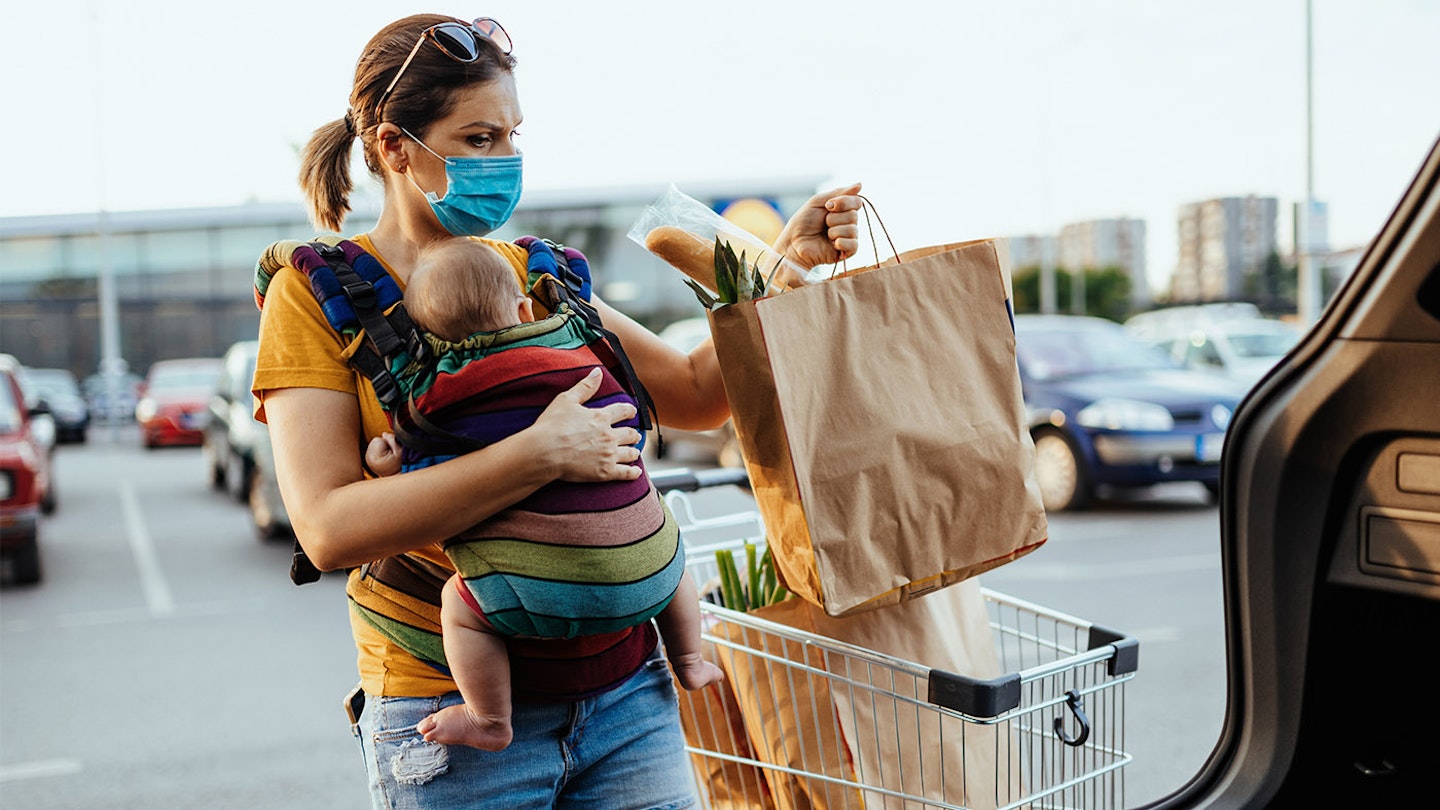It’s easy to assume that with the majority of coronavirus restrictions having ended last year, we’d be back to normal by now. We’re able to go wherever we want again, and things are much more normal - we should be our best selves, right? Or that’s how it appears it should be, but it’s not always the case.
Now that things are feeling a bit more normal, it’s absolutely understandable that we’re exhausted, and we’re still coming to terms with the fact we're living through a pandemic. Something that isn't easy when the virus still feels like a threat in our lives, not to mention the latest news and updates that we are continuously fed.
We’ve all endured so much over the last couple of years, we’ve lost things that are important to us, we’ve lived a very strange life that’s very limiting, very uncertain, very frightening, and we’ve had no choice but to accept that.
We’re still realising just how much we’ve bottled in and held on and suppressed, because there was no way of doing anything other than that. We had no choice but to live with this 'new normal'.
When will it feel normal to hug again? To be in groups or large crowds? To make plans and to travel? We may physically be out of this suppressive and solitary place we’ve all been in, but we’re still faced with so much uncertainty. So, if you feel anxious or feel like you’re struggling, you are not alone.

How to look after you and your child's mental health
According to the Mental Health Foundation, “it’s important to acknowledge that these feelings are reasonable and to expect them. It’s only by building up tolerance gently that we can move through these fears.
“If possible, take things at your own pace – but try and challenge yourself to try something different each day or every couple of days. It’s very easy to allow the seclusion that was necessary for lockdown to become deliberate isolation.”
1. Pace yourself
Just because your child is back at school or nursery, don't feel pressured to hang around outside the school chatting with other parents longer than you feel comfortable. And if you feel it is too busy, don't feel like you can't take a step back or stand in a different spot. Most people will understand your feelings, and those who don't aren't worth worrying about. You need to go at the right pace for you.
Don’t let others pressure you into doing things you don’t want to – but equally try not to let that be an excuse not to push yourself, especially when it comes to spending time with friends and family.
Also consider your child's feelings. Spending time with large groups and people they don't know too well could be very confusing and unsettling for them at first. Take it step by step, and encourage them out of their comfort zone without pushing too fast too soon.
If possible, vary your routines so that you see different people and encounter different situations. If one supermarket makes you nervous, try another. If a walk at one time of the day is very busy, try mixing walks at busy times with walks at quieter times.
Mental health charity Mind reminds us, “Your feelings might change. You might feel one way one day, and another way the next. It might not feel logical.”
2. Maintain positive habits
When lockdown came into play, many of us prioritised looking after our mental health and wellbeing at home. You may have started cooking more, eating healthily or exercising, perhaps you devoted more time to getting crafty with your children, or doing a spot of DIY.
Now we’re back out into the world, it’s important that we continue to prioritise self-care. This includes sticking with any hobbies or interests you got into during restrictions – these positive habits will help to keep you feeling healthy and well.
3. Practice mindfulness
Being in the present moment rather than worrying and focusing too much on the path ahead of you – known as practising mindfulness – can help you manage feelings of stress and anxiety. Remember you can only do your best with what you have today.
It may help you to take breaks from the news and social media.
There is still a lot happening beyond our control at the moment, so focus on what you can control. Try to record and appreciate good things as they happen as well as taking opportunities to reset and relax. Mindfulness meditation is another useful way of bringing your mind back to the present moment.
4. Talk
We may have turned into very solitary creatures during the restrictions, but interacting with others can help us get out of our head and boost our mood. Whether it’s reaching out to friends and family, neighbours and co-workers, or even finding your tribe online, share how you’re feeling with people you trust.
If you've missed out on antenatal or postnatal classes, perhaps you have friends who also have tots of a similar age, or someone from a parent group you found online who may be up for a playdate in the park? Start making these connections again, finding and strengthening your support network. And get practising those conversation starters again - there are lots more things to talk about than coronavirus after all!
Don’t hesitate at seeking professional help when you need to. Above all, remember it’s ok not to be ok.
Need to talk to someone? Here’s how to get help when you need it.
Popular articles to read next
Fertility, coronavirus and vaccination: your questions answered
Louise Pentland: "It's normal to feel a little lonely sometimes"
